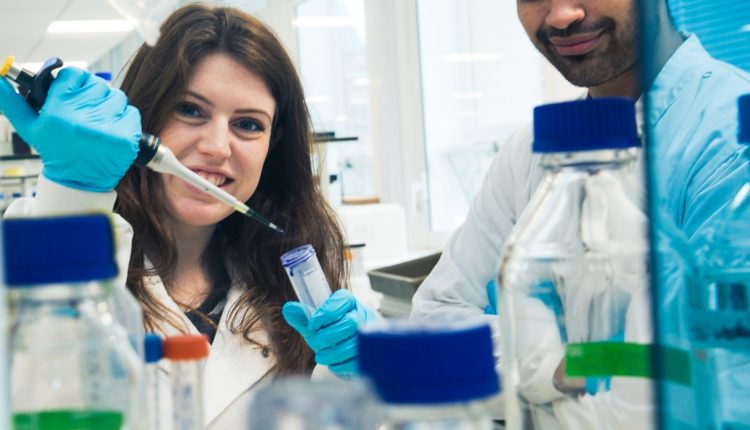Liverpool cancer charity says more research funding is needed to save lives
Issuing its call on World Cancer Day last Sunday, February 4, North West Cancer Research said around 2,635 new cases of cancer are diagnosed each year across the Liverpool city region. Tony McDonough reports

A leading Liverpool-based cancer research charity is urging people to support the lifesaving work of scientists in the city.
Issuing its call on World Cancer Day last Sunday, February 4, North West Cancer Research (NWRC) said around 2,635 new cases of cancer are diagnosed each year across the Liverpool city region.
The region has been identified by Public Health England as one of the three most cancer stricken areas in England, while cancer mortality in Merseyside and Cheshire is 76% higher than the European average
The charity is currently investing in cancer research projects worth £7.7m at the University of Liverpool, as part of its commitment to fund research which will help tackle rising cancer rates in the region.
It has also provided £1m worth of funding to sustain cancer research at the NWCR Centre at the University of Liverpool until 2020.
Director of the NWCR Centre, Professor Sarah Coupland, explained that World Cancer Day was established in 2005 as an initiative to unite in the fight against the global cancer epidemic.
She said: “World Cancer Day aims to raise awareness of cancer, to educate people of all ages about the different types of cancers – both rare and common – how to detect them earlier, the treatment options available and to encourage cancer prevention where possible.”
NWCR chief executive Alastair Richards, added: “With cancer rates in the Liverpool city region continuing to rise, it is critical that we continue to fund innovative and effective research, which looks to make an impact right here on our doorstep.
“NWCR is committed to funding the best quality research here in Liverpool and the investment we have made has already helped improve our understanding of cancers such as leukaemia, skin and prostate cancers.

